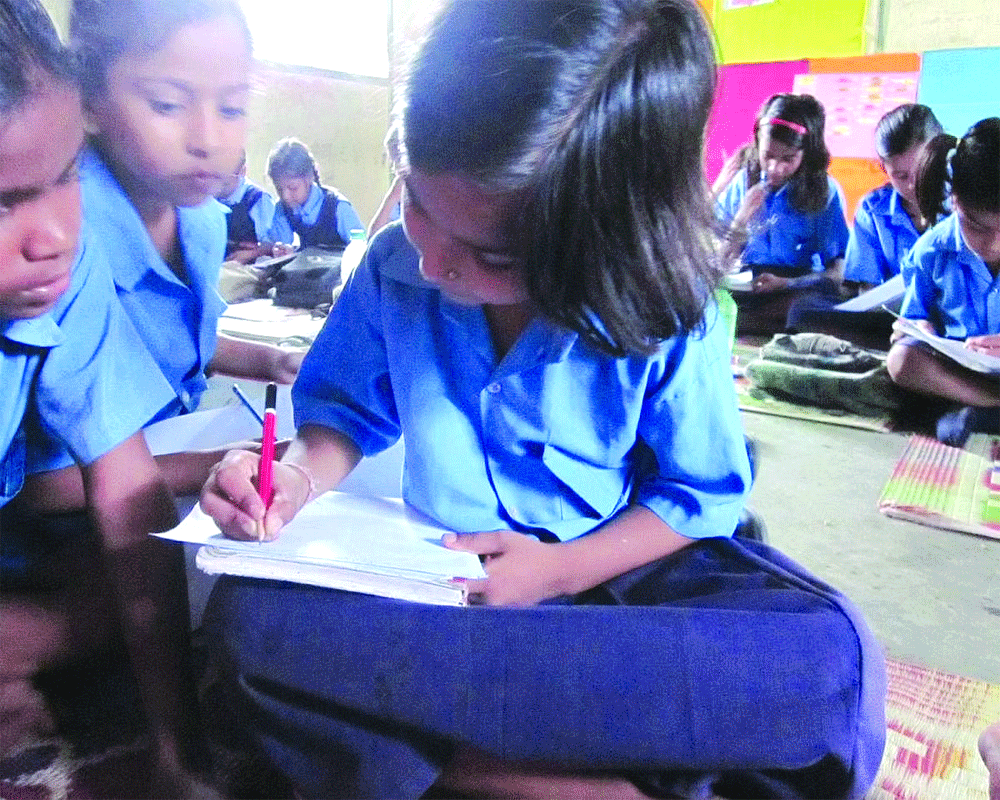Remembering the activist on his 25th death anniversary
Two hours from Kolkata, a group of 30 young girls and women, all in the age group 16-22, had gathered in a village in Baruipur. They were told that the visitor from Bengaluru would like to understand their work as the leaders of girls’ collectives they manage in their villages. Language was a potential barrier in our communication, but none of them seemed worried. Two of the leaders spoke English and Hindi and decided to help me converse.
To make sure I leave with a thorough understanding of the Federation’s work, they started by explaining how villages are dispersed and often have hamlets on the periphery. Fearing that girls from these hamlets might be left out due to lack of representation in the panchayat, cluster and block groups, the girls had decided to have a separate collective for each hamlet.
As I listen to these girls talk passionately about their work as a collective, I am transported to my days at the Institute of Rural Management, Anand (IRMA), where emphasis on collectivisation and cooperation was extensive. I think of Sanjoy Ghose, a visionary social activist, and an alumnus of IRMA’s first batch of Rural Management programme who understood the power of collectives, of equipping people with tools and processes to find their voice and shape their development discourse. Today, 25 years after he was abducted and killed by ULFA, I wonder how these 30 girls in Baruipur, without knowing him or his work, exemplify the same spirit.
As they were talking about rights and fighting patriarchy, I enquired what they would like to do in terms of vocation or higher education. There were quite a few responses, with many wanting to be lawyers or police personnel. The latter is something I’ve heard in several girls’ collectives, but I was quite intrigued to see so many aspiring lawyers.
Their response was straightforward—“if we have to keep ourselves safe, we’ll need to do this, no one listens to us otherwise.” They narrated an incident about a girl who was raped and how the police refused to file an FIR. The federation, along with some women’s groups, sat outside the police station for hours and through the night, before the officers relented. They also advised the cops on specific sections of IPC that should be used.
The Federation was acutely aware of their realities and how systems were not geared to support them. Each one knew how patriarchy creates barriers for them, at every step. They also had a good sense of how to untie some of these knots. Once they got into collectives, they found a space to discuss their issues. They realised there are several girls who face similar problems.
This open and fearless space was facilitated by a local NGO, which also conducted sessions on their rights, gender, discrimination, etc. Armed with this perspective and facts (the Constitution, IPC, etc.), the collectives went on to create knowledge for themselves. That’s when they decided to act together and mount a resistance to patriarchal overreach in their own lives and their neighbourhood.
Collectives have done wonders across contexts. For girls and young women, these create a much-needed space to discover, dream, connect and cut through the restraints that dot their lives. Intrigued by the power of collectives, I keep looking for examples where theory meets practice to create transformative experiences for people. That’s something Sanjoy did really well. His work and ideas are far more valuable today perhaps when we’ve become weapons to rip apart our social fabric. The way these thirty girls in Baruipur are raising uncomfortable questions, speaking up and working together, Sanjoy would have loved to spend time with them and learn from them.
The author is a development worker (Charkha Features)


























